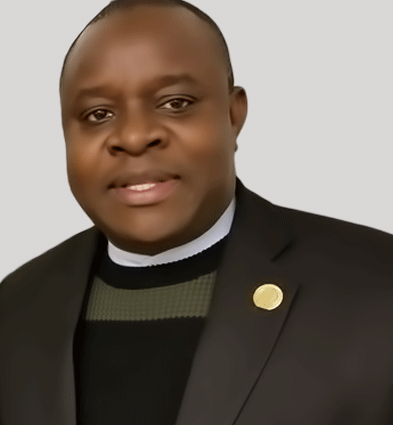The Universal Declaration of Human Rights (UDHR) serves as an important document in advocating for fundamental rights and freedoms for all individuals worldwide. Article 2 of UDHR stands out as a beacon of equality and non-discrimination. Article 2 states that, “everyone is entitled to all the rights and freedoms outlined in this Declaration, without distinction of any kind, such as race, color, sex, language, religion, political or other opinion, national or social origin, property, birth, or other status”. This profound declaration underscores the intrinsic worth and dignity of every human being, regardless of their background or identity.

This Article embodies the principle that all individuals are inherently equal and deserving of equal treatment under the Law. It challenges societies to transcend prejudices and biases, emphasizing that no person should be marginalized or disenfranchised based on race, gender, or social status. By affirming the universality of human rights, Article 2 heralds a vision of a world where justice, fairness, and respect for diversity prevail.
In the context of Nigeria, the principle enshrined in Article 2 holds profound significance. Despite the constitutional guarantee of equality and non-discrimination, pervasive social norms and practices often perpetuate gender inequality and other forms of discrimination. For instance, entrenched beliefs that prioritize one gender over another or restrict opportunities based on cultural stereotypes continue to hinder the realization of equal rights for all Nigerians, especially women and girls.
To fully actualize the spirit of Article 2 in Nigeria, concerted efforts are needed to bridge the gap between the legal provisions and practical implementation. The Nigerian government can play a pivotal role in promoting non-discrimination by enacting and enforcing laws that safeguard the rights of marginalized groups, including women and girls. By promoting a culture of inclusivity and respect for diversity, Nigeria can move closer to fulfilling the promise of universal human rights articulated in Article 2 of UDHR.

Furthermore, public awareness and education are essential tools in promoting non-discrimination. Initiatives that raise awareness about the importance of gender equality, inclusive education, and respect for human rights can help challenge stereotypes and prejudices that perpetuate discrimination. By empowering individuals with knowledge and promoting a culture of tolerance and acceptance, Nigeria can pave the way for a more just and inclusive society for all its citizens.
Conclusively, the right to non-discrimination, as articulated in Article 2 of the Universal Declaration of Human Rights, stands as a beacon of hope for a world where equality, dignity, and justice reign supreme. It is imperative for Nigeria and other countries in the world, to uphold the principles of non-discrimination, challenge discriminatory practices, and work towards creating a society where every individual is valued and respected.


